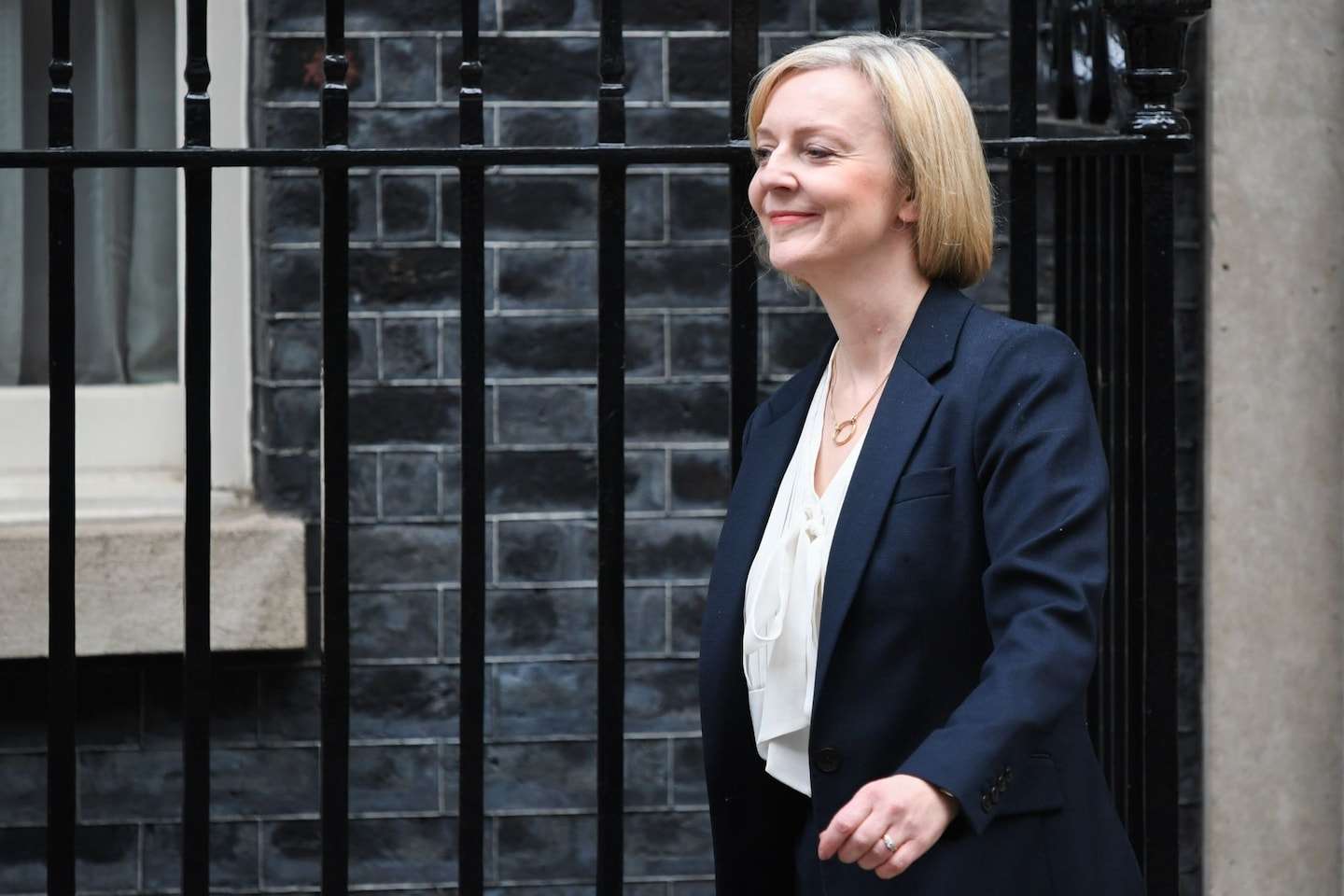British Prime Minister Liz Truss does not have the confidence of her own party — let alone the nation.
To boot Liz Truss, U.K. Conservatives face short list of poor options

But if Britain’s ruling Conservative Party wants to replace Truss, it has a poor array of alternatives, each with its own drawbacks.
There are no good options. The question is whether they are worse for the party than keeping Truss in power.
Whatever happens will constitute a major inflection point for the Tories, the party once led by the likes of Margaret Thatcher and Winston Churchill. The Conservatives have led the government since 2010. Despite the pain of Britain’s exit from the European Union, then-Prime Minister Boris Johnson won the Conservative Party’s largest electoral majority in 2019.
Johnson came crashing down amid scandal after scandal, however. He stepped down last month. The party chose Truss after a prolonged leadership contest, but her short time in office has anything but ushered in the stability her backers sought.
What are the party’s options?
A Truss resignation
Under current rules, Britain is scheduled to hold its next general election no later than January 2025. But the Conservatives are deeply unpopular, with some predictions showing that the party could be almost wiped out if a vote were held today.
Replacing Truss would be the most logical option, and the most logical way for her to go would be to resign.
All three of Truss’s Conservative Party prime minister predecessors — David Cameron, Theresa May and Johnson — resigned under pressure from their party.
“It would be like the Truss premiership never happened,” said Jon Tonge, a professor of politics at the University of Liverpool. “Such a neat solution, when you have so many people with vaulting ambition within the party, may be difficult.”
Would Truss resign? On Wednesday during Prime Minister’s Questions, a political tradition in which the prime minister answers questions from members of Parliament in a rough-and-tumble session, she declared herself “a fighter, not a quitter.” That does not mean she would not make a U-turn; Johnson resigned only after dozens of members of his government quit.
Some polls suggest a majority of Conservative Party members now want her to resign. That’s crucial because under the current rules, Conservative Party members would ultimately get to pick her successor.
But here’s where things get tricky. Though Conservative members of Parliament get to select the candidates, the final arbiters are the more than 170,000 dues-paying party members.
Often these party members are out of step with not only their own elected politicians but also the wider public. One poll suggests that party members want Johnson to return to the premiership — a Groundhog Day scenario that has Tory Party members eying the election with dread.
Scrap the rules
Within the party elite, some hope for a ticket of Rishi Sunak and Penny Mordaunt, two leaders who may be more palatable among the broader electorate.
But if Truss doesn’t want to quit, what can be done? Under rules set by the 1922 Committee of Conservative backbenchers, Truss is immune from a no-confidence vote in her first year of leadership. And even if she were ousted, the party membership could throw another spanner in the works during a vote.
One potential answer? Get rid of the rules.
It may seem like heresy, but Michael Gove, one senior Tory member of Parliament, has suggested a “papal conclave” of the party’s elite in which the top brass hashes out the next leader of the party privately.
Tonge said there was no consensus on what the rule changes could be, however.
“There’s talk of cutting out the Conservative Party members, but one of the few reasons to be a Conservative Party member is to have a vote in the leadership contest, so that wouldn’t be taken lightly,” he told The Washington Post. “You’d alienate Conservative Party members who are already quite brassed off, frankly.”
An election
If the Conservatives do force Truss out, the party will face a potent line of criticism: This is not democratic.
Truss already faced this critique when she enacted a number of major tax cuts. What mandate did Truss, who had inherited a majority rather than contested a general election herself, have to make such sweeping changes? (The policies were later rescinded by Truss’s new finance chief, Jeremy Hunt — who has not only not led the party in a general election but lost two bids to lead the party).
An election would quell those criticisms. Truss could call one herself, or, facing a vote of no confidence tabled by the opposition Labour Party, Tory MPs could side with the opposition to force her hand. If Truss lost a no-confidence vote, she would be expected to resign or ask King Charles III to dissolve Parliament and call a general election.
Alternatively, if Truss were to be ousted and no successor could be found, an election would be forced because of constitutional norms.
It is unlikely that Truss could win an election — one poll found only 1 in 10 voters had a favorable view of her. Another suggests that at least 10 members of Britain’s government would lose their seats in Parliament in an election held today, with a historic landslide for Labour.
It is not clear whether a successor could do much better, either. Truss is astoundingly unpopular, but Labour leader Keir Starmer is “considerably less unpopular” than all of his Tory rivals, including Sunak and Mordaunt, according to another poll.






